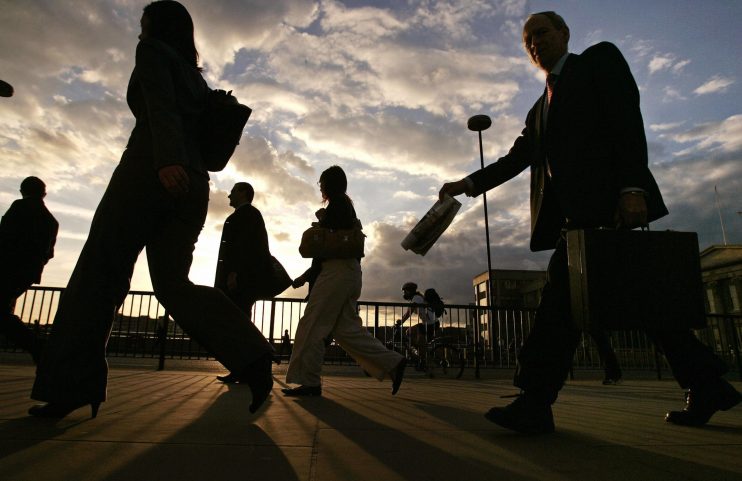Commuters face hike in rail fares in New Year

Commuters are facing the prospect of a New Year’s hike in rail fares as the cost of a multi-billion pound bailout of the country’s railways begins to be felt.
For the first time in eight years, fares could rise by more than the rate of inflation when the new prices kick in next year.
The Times reported that fares might be lifted by one per cent above the inflation rate, with a decision expected as part of the spending review on 25 November.
Negotiations between the Department for Transport and the Treasury are ongoing, with a first deadline for informing the rail industry already missed.
It takes about two months for rail firms to upload the new fares onto databases and ticket machines.
Last month the Office for Road and Rail (ORR) said that the number of passengers on UK trains had fallen to levels not seen since the 1800s due to the pandemic.
Before the Open newsletter: Start your day with the City View podcast and key market data
And the prospect of a hike in fares has the industry concerned that commuters will continue to stay away.
In the first six months of the year, £3.5bn in taxpayer money was spent propping up rail franchises.
Companies will remain under emergency government control until 2022 to ensure services continue.
When the emergency measures expire, the rail franchise system will be replaced, ministers have confirmed.
The inflation rate was at 1.6 per cent this July, suggesting that an increase of 2.6 per cent is on the cards, the Times reported.
That means the price of an average annual season ticket could rise from £3,064 to £3,144.
A Department for Transport spokesman said: “While we won’t comment on speculation, we must ensure any changes are fair to taxpayers.”